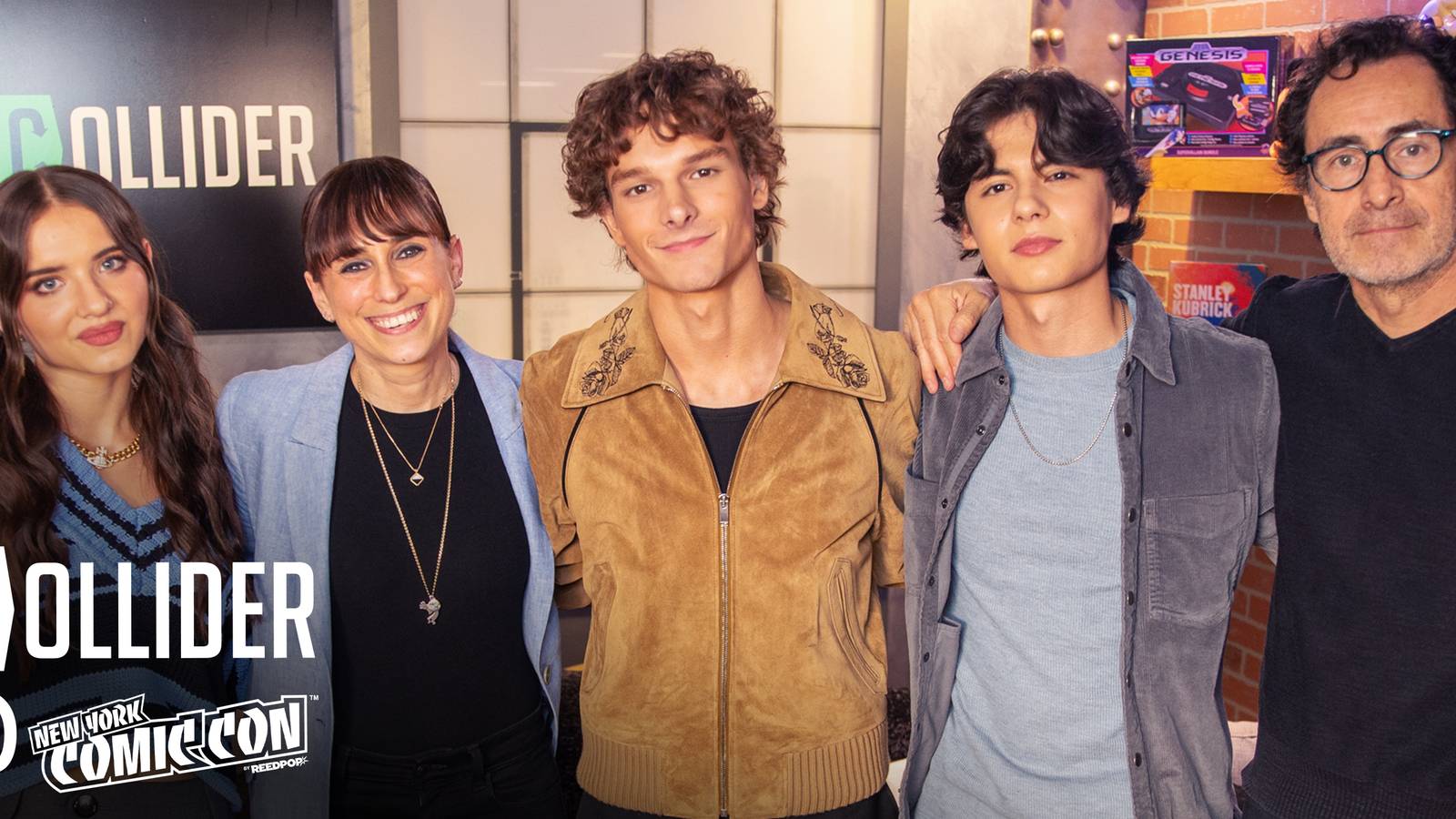Oscar Isaac Unveils Guillermo del Toro's 'Frankenstein' Vision: A 'Latin American Telling'

Oscar Isaac has spoken extensively about his unexpectedly pleasurable experience portraying one of literature’s most complex and tortured figures, Victor Frankenstein, in Guillermo del Toro’s upcoming reimagining of “Frankenstein.” Despite the character’s profound darkness, rage, and obsession, Isaac admitted to del Toro that he was surprised by the enjoyment he derived from the role, describing it as “so fun and joyful.”
Del Toro offered a compelling explanation for Isaac's enjoyment, suggesting that Victor Frankenstein operates without self-doubt or hesitation for much of the narrative, until he faces his catastrophic moment of reckoning. Isaac recalled del Toro stating, “The whole first half of the movie, maybe more of it, he’s just doubtless about what he wants to do and what he needs to do, even though it’s fueled by rage and resentment and defiance.” The Netflix film boasts an impressive ensemble cast, including Jacob Elordi, Christoph Waltz, and Mia Goth. Visually, Isaac’s Victor Frankenstein sports flowing dark hair, deliberately evoking rock icons like Prince or Jimi Hendrix, a choice positioning Victor more as an artist than a conventional scientist. Costume designer Kate Hawley drew inspiration from Hendrix’s 1960s style, with the distinctive look requiring an eight-month commitment and 105 days of production, a collaborative effort with Isaac’s longtime hair artist Tim Nolan.
A crucial narrative device in del Toro’s adaptation is that the entire story is recounted from Victor’s perspective, establishing him as an unreliable narrator. This framework allowed Isaac to delve into the character’s psychological distortions, as Victor’s recounting of events is not necessarily factual but “all true — meaning that this is what it felt like.” Mia Goth’s casting in dual roles, playing both Victor’s mother and Elizabeth, further emphasizes this unreliable narration, suggesting Victor’s emotional development remained frozen at age 12 after his mother’s death, for which he blamed his father. Isaac interprets the creation of the creature as Victor’s attempt to resurrect his own wounded inner child, a manifestation he finds too painful to confront and thus seeks to destroy, leading the resurrected “child” to relentlessly pursue him for forgiveness.
Del Toro directed Isaac away from naturalistic performance, opting for a heightened, almost operatic portrayal. The director described Victor as a Jungian archetype, prompting Isaac to prioritize technical precision over psychological realism, leaning into the character’s “darkness — to his id going wild.” This distinctive approach significantly deepened Isaac’s professional relationship with del Toro, with Isaac likening it to finding a “lost family member” and working with his “tío.” This strong bond has fundamentally shifted Isaac’s criteria for selecting projects; he now prioritizes the collaborators and human connections over merely a good script or director, emphasizing “Who am I going to be living life with?” He also lauded del Toro’s infectious enthusiasm for cinema and his positive focus on celebrating what he loves.
Isaac characterizes this “Frankenstein” as a “Latin American telling” of the Gothic tale, driven by emotion and desire, a “punk-rock interpretation of Romantic literature” filtered through del Toro’s decades of engagement with the source material. For Isaac, this role is poised to be one of his most technically demanding and emotionally complex performances to date.
You may also like...
Run Club Abuja Empowers Education with State-of-the-Art Digital Library!

Run Club Abuja has opened a state-of-the-art digital library at Junior Secondary School Gwagwa, Abuja, providing student...
Guardiola Fuels Speculation: Grealish's Man City Return a Real Possibility!

Pep Guardiola has commented on Jack Grealish's impactful loan spell at Everton, hinting at a possible return to Manchest...
Oscar Isaac Unveils Guillermo del Toro's 'Frankenstein' Vision: A 'Latin American Telling'

Oscar Isaac discusses his unexpectedly joyful experience portraying Victor Frankenstein in Guillermo del Toro’s upcoming...
Political Firestorm Erupts as Trump's Pentagon Labels Netflix Drama 'Woke Garbage'

Pentagon officials under President Donald Trump have denounced Netflix’s new military drama “Boots” as “woke garbage,” c...
Industry Shakes: 50 Cent Lauds Taylor Swift's Jaw-Dropping 4M First-Week Sales!

50 Cent reacts to Taylor Swift's record-breaking album sales for "The Life of a Showgirl" and her unexpected shout-out i...
Swiftie Power: Taylor Swift's T-Shirt Sparks $2M Otter Conservation Fund!

Pop superstar Taylor Swift's simple act of wearing an aquarium T-shirt has inadvertently raised over $2.2 million for ot...
Behind the Screams: 'Black Phone 2' Stars Reveal Scene That Took Days to Recover From

Scott Derrickson's highly anticipated sequel, <em>Black Phone 2</em>, reunites Finney and Gwen as they face new, deeply ...
Molly-Mae Hague's Shocking Revelation: Death Threats Follow 'Tone Deaf' Comment

Molly-Mae Hague has opened up about the severe backlash, including death threats, she faced after her "same 24 hours in ...



